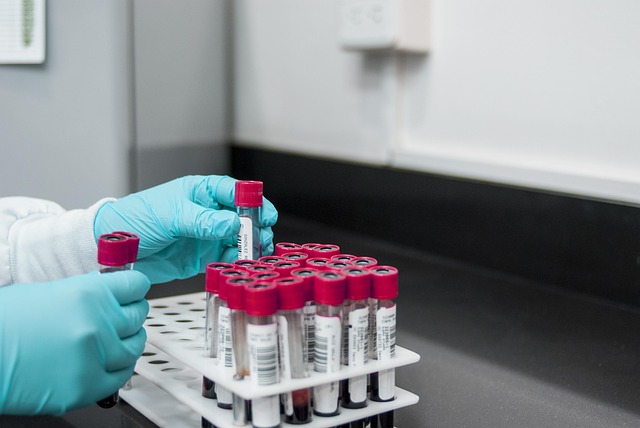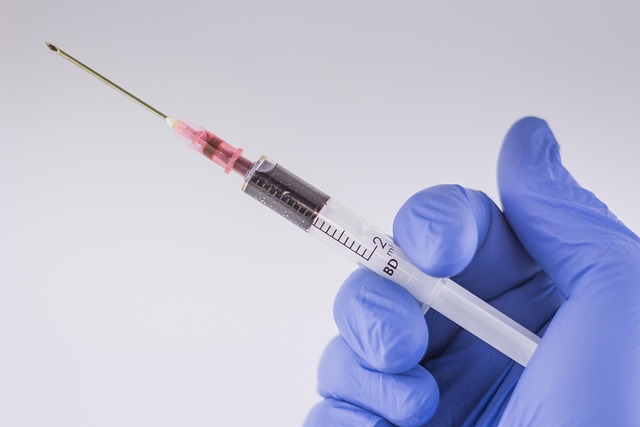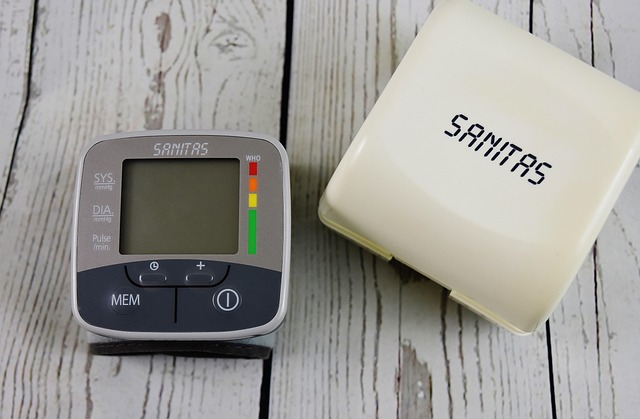Cholesterol blood tests in the UK are a simple yet effective way to assess cardiovascular health by measuring LDL (bad) and HDL (good) cholesterol levels. Results provide insights into potential risk factors, enabling healthcare professionals to guide lifestyle changes or prescribe medication for optimal cholesterol management, thus reducing the risk of heart conditions like atherosclerosis.
Discover how a simple Cholesterol Blood Test UK can provide valuable insights into your health. This article demystifies cholesterol, explaining its basic functions and why monitoring it is crucial. We’ll guide you through the process of measuring cholesterol levels with blood tests, including what to expect and how to interpret results. By understanding these key numbers, you can make informed decisions for a healthier lifestyle.
- Understanding Cholesterol: The Basics Explained
- How Blood Tests Measure Cholesterol Levels
- Interpreting Results: What Do Numbers Mean?
Understanding Cholesterol: The Basics Explained

Cholesterol is a waxy substance found in every cell in our bodies, playing a vital role in various essential functions, such as supporting cell structure and producing hormones. However, it’s also crucial to maintain healthy cholesterol levels, as excessive amounts can lead to serious health issues like heart disease and strokes. This is where a simple cholesterol blood test comes into play. In the UK, a cholesterol blood test is a routine procedure often recommended for adults over 40 or those with risk factors such as obesity, high blood pressure, or a family history of heart disease.
The test measures two main types of cholesterol: LDL (low-density lipoprotein), known as ‘bad’ cholesterol, and HDL (high-density lipoprotein), termed ‘good’ cholesterol. High levels of LDL can build up in the arteries, leading to atherosclerosis—a narrowing of the arteries that restricts blood flow to the heart and brain. In contrast, HDL helps remove excess cholesterol from the bloodstream, acting as a protector against cardiovascular diseases. A cholesterol blood test in the UK allows healthcare professionals to assess these levels, identify potential risks, and recommend lifestyle changes or medications if necessary.
How Blood Tests Measure Cholesterol Levels

Cholesterol blood tests in the UK are a straightforward way to gauge your cholesterol levels. These tests typically involve taking a small sample of blood, usually from a vein in your arm, and measuring the concentrations of low-density lipoprotein (LDL) and high-density lipoprotein (HDL) cholesterol. LDL, often referred to as ‘bad’ cholesterol, can build up in your arteries, increasing the risk of heart disease. Conversely, HDL, known as ‘good’ cholesterol, helps remove LDL from your bloodstream, thereby lowering your risk.
The results of a cholesterol blood test will provide you and your healthcare provider with valuable information about your cardiovascular health. Based on these results, they can recommend lifestyle changes or medications to help manage your cholesterol levels effectively. Regular monitoring is key, as maintaining healthy cholesterol levels can significantly reduce the chances of developing serious heart conditions.
Interpreting Results: What Do Numbers Mean?

Cholesterol blood tests in the UK are a straightforward way to gauge your cardiovascular health, offering valuable insights into potential risk factors. When interpreting the results, it’s essential to understand what each number represents. Total cholesterol is the sum of all types—LDL (low-density lipoprotein), HDL (high-density lipoprotein), and triglycerides. LDL, often referred to as ‘bad’ cholesterol, builds up in arteries, increasing heart disease risk. Higher levels should prompt discussion with a healthcare professional.
HDL, or ‘good’ cholesterol, helps remove LDL from arteries. A higher HDL level is beneficial, while low levels (below 1.0 mmol/L) may signal an increased risk of heart problems. Triglycerides are another type of fat in the blood; elevated levels contribute to heart disease and stroke risks. Interpreting these numbers alongside other health factors enables individuals to make informed decisions about their diet, lifestyle, and any necessary medical interventions.
Cholesterol blood tests, readily available in the UK, are a simple yet powerful tool for managing your health. By understanding cholesterol levels and interpreting the results, individuals can make informed decisions about their diet and lifestyle choices. Regular checks play a vital role in maintaining cardiovascular health, ensuring folks stay on top of their cholesterol profile and lead vibrant lives.
